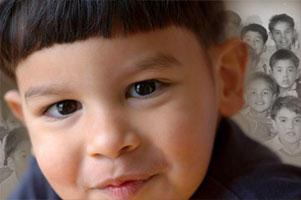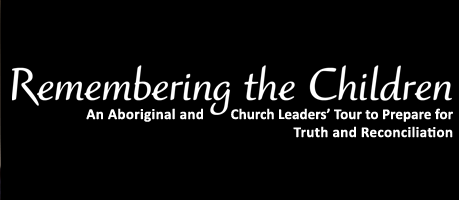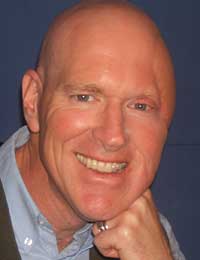“Something new was born”: where do we go from here?
It was fitting the Marketplace Court at the Forks in Winnipeg should be the last stop in our national Aboriginal and Church Leaders’ Tour. For it was here, at this traditional stopping place at the junction of the Red and Assiniboine rivers, that Aboriginal peoples gathered for centuries to meet, to share food and medicine, to discuss issues of common concern and to trade. It was here, too, that new inhabitants of Canada met with the Aboriginal peoples and shared their cultures, thereby offering an opportunity to grow together as peoples and become enriched as individual human beings in building bonds of friendship and new understanding.
But it didn’t continue to happen. Sadly, our Euro-Canadian culture sought to dominate, subjugate and assimilate the Aboriginal peoples, especially by means of the infamous Residential Schools. Now, after our churches have apologized and re-covenanted with Aboriginal peoples, and with the federal government’s apology and appointment of the Truth and Reconciliation Commission just around the corner, we have an historic opportunity to build better, more equal partnerships.
Each event in our tour had a life of its own, yet perhaps this event was the most informal – seated, as we were, among the shops, inspired by moving traditional opening prayers and ceremony, and entertained, as we were, by foot-stomping fiddlers and great Aboriginal singers and dancers. It was, perhaps, also the most intense – as we heard again the stories of terrible pain and loss, and then realized that this all too brief beginning of a new journey that we are making with each other was coming to an end. As Fred Hiltz, the Anglican Primate, reminded us we were now on the threshold of Holy Week, the last week of our Lord’s life, as he prepared for his death upon the cross by which God seeks to reconcile all humankind. All of us who travelled to Ottawa, Vancouver, Saskatoon, and Winnipeg, have realized just how important this walk has been, symbolic of other, longer walks of reconciliation that all Canadians need to make with First Nations, Métis and Inuit peoples, as we really hear the truth about the sad legacy of Residential Schools and seek new levels of understanding and partnership as peoples who are invited to live in multicultural harmony upon this great gift of land given to all of us by our Creator God.
Elder, the Honourable Elijah Harper, with his children and grandchildren by his side, reminded us how Aboriginal people have shared this gift as an act of gracious hospitality. He also spoke from his heart with a greatness of spirit, that no one could compel from another, about the forgiveness he was willing to offer so that personal and corporate healing and new conversations could begin. Yet, a grandmother reminded us of how difficult it was to say words of forgiveness when she couldn’t forget how she had been beaten as a seven-year-old child, so much so that she couldn’t get up for eight weeks. Ted Quewezance, executive director of the National Residential Schools Survivors Society, spoke of the reasons why many Aboriginal peoples are the way they are and of the tremendous hope he had that a new day was coming.
Those of us who walked this short journey together – Aboriginal and Church leaders alike, as well as many in the large crowds that attended each session of this ten-day tour—felt, as National Indigenous Anglican Bishop Mark MacDonald said, “something new was born here today; something that is bigger than any one of us.” We have been changed by this trip. Our prayer is that many others will also be changed by what the hearings of the Truth and Reconciliation Commission will bring to all of Canada.
The Rev. Dr. J.H. (Hans) Kouwenberg
March 12, 2008
Posted at 9:39 AM - 0 Comments


